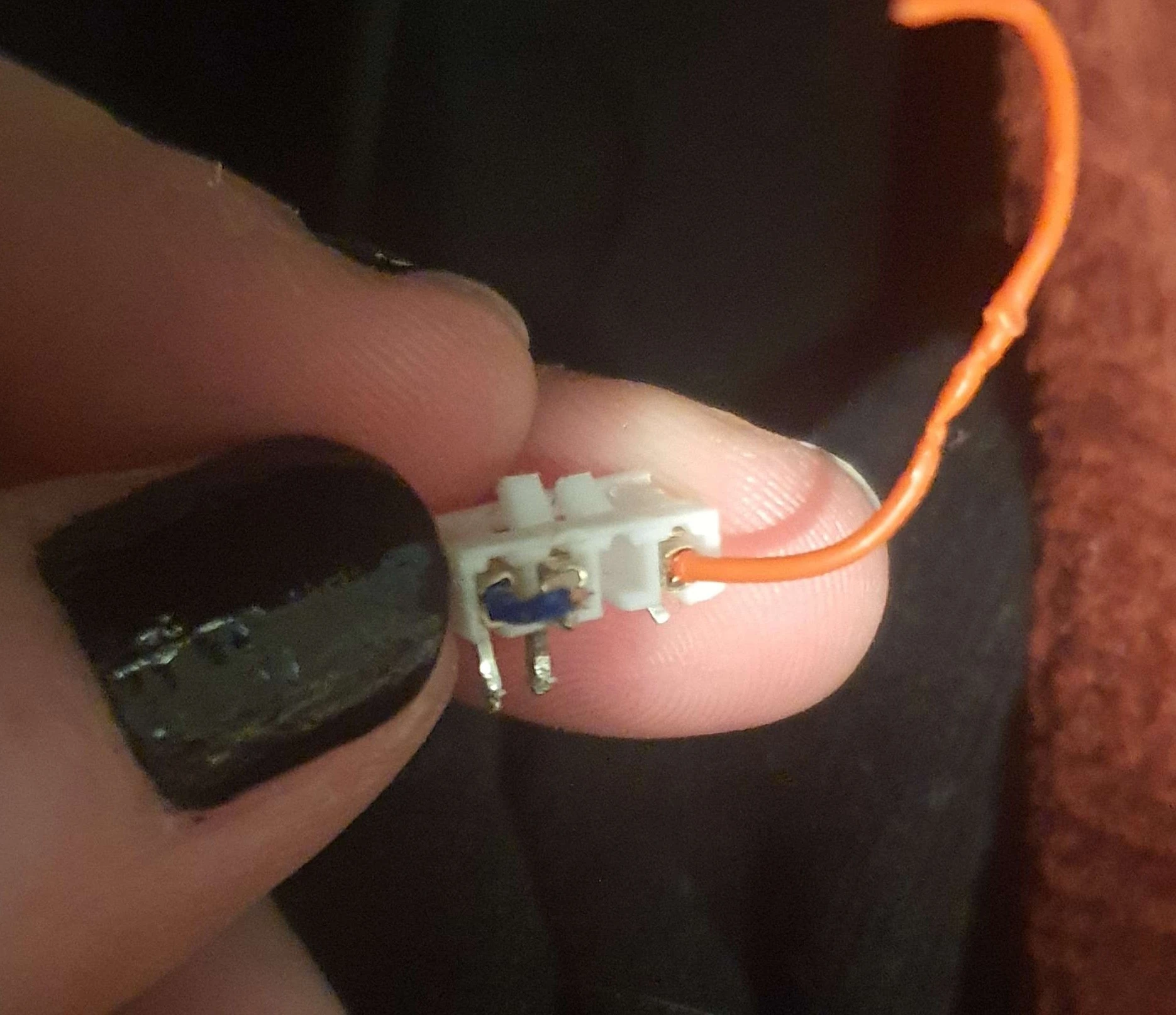A cucumber does not have a flared base.
AnarchistArtificer
Yeah, this is a big thing. A sentiment that comes to mind is "we judge other people by their actions, but ourselves by our thoughts". Sometimes I reread past comments of mine and cringe at how ambiguous the tone is.
Yeah, I think this is fairly common. I'm pretty good at not being overly adversarial online, but that takes me a bunch of active effort. Sometimes that means taking a big breath and moving on.
I think it's admirable that you care about contributing through commenting; I saw a similar stat when I moved to Lemmy and I have also been more active in commenting. However, if you're not enjoying how you're typically engaging, perhaps a different framing could be useful: rather than (or in addition to) thinking about commenting as you contributing to the community/platform, think about it as something that you're doing to enrich yourself. For example, sometimes when I do get into spicier discussions, it's because I am responding to someone I disagree with, but whose points have caused me to think differently. Or maybe I am enjoying the practice in articulating my views on a complex matter. Or maybe it's cathartic. Thinking about what I hope to gain from a discussion helps me to avoid unproductive discussions where it's just mutual attacks.
If you can't find a middle way, it's also okay to not comment on things. My opinion is that we do owe a duty to the communities we inhabit, and in the online world, that might imply that it's good to be contributing via commenting. However, informational self-care is incredibly important nowadays, and it's so easy to become burnt out. It's okay to not engage in behaviours that cause you harm (or aren't encouraging you to grow in the way that you would prefer).
That game looks pretty similar to a game I know as "Racing Demons", played with regular playing cards
I knew a guy who used to write loads of love songs. He had a problem with putting partners on pedestals. The first partner he had that he didn't write a love song for ended up being the woman he married.
Yeah, I've been increasingly cynical about this kind of thing. I wouldn't say that I'm against developing carbon capture technologies, but I am immediately suspicious of anyone who suggests it as something that could help against climate change.
If you're one for video essays, you might enjoy this, if you haven't seen it already. https://youtu.be/uCuy1DaQzWI
I feel like I'm haunted by linear algebra because it keeps cropping up in all sorts of places
A friend of mine had a partner accidentally draw blood when he (consensually) bit them. It got infected and they needed quite serious hospital care. I suppose that counts.
"They go low, we go high" is a phrase I associate with the Obama era.
"(But sure, Ebola needs our DNA in the sense that otherwise we wouldn't be alive. But so do nuclear weapons in order to kill humans.)"
For me, the fact that Ebola is an RNA virus made the meme more absurd and funny, in a "cut off your note to spite your face" way
I don't know how much the UK collectively regrets Brexit yet. I come from a heavily Leave voting area and it was depressing as hell being a part of the vote count. Leave, Leave, Leave, Remain, Leave, Leave, Remain. Now in the most recent election, Farage's Reform party got a concerningly high vote share, especially in areas like where I come from.
I was glad to see the Tories go, but I can't be too happy about the UK election when I consider Reform. I think back to how UKIP were like at local government level. They'd campaign on absurd promises like "we'll slash council tax and increase public services funding. Lots of things are possible if we get rid of those fat-cat Labour councillors". Then they'd get enough councillors that they could cause real harm to their constituents by obstructing progress; it helped their cause to make the Labour majority council look bad. They could promise the world because they knew that they were never going to get enough councillors to change much, so they could blame their utter failure to do anything useful once elected on Labour (in my area at least. Apparently the same playbook works in Conservative majority areas too)
Brexit was unambiguously a political disaster. Many of the people who voted Leave have been actively harmed and I can't even feel any schadenfreude at them because they haven't connected the dots there. Like, I see people having their faces eaten off by the leopards they voted for, and they're going "this is really hurting. See, this is why we needed the leopards eating faces party". It's honestly heartbreaking to witness.

I got a hell of a lot smarter when I allowed myself to not have opinions on things. Like if a friend asks me if I have heard of [thing], I am nowadays much better at saying "No, I havent, tell me more" or "I'm not sure. It sounds familiar though. Remind me?". A big part of this is being in spaces where it feels safe enough to be vulnerable in saying "I don't know".